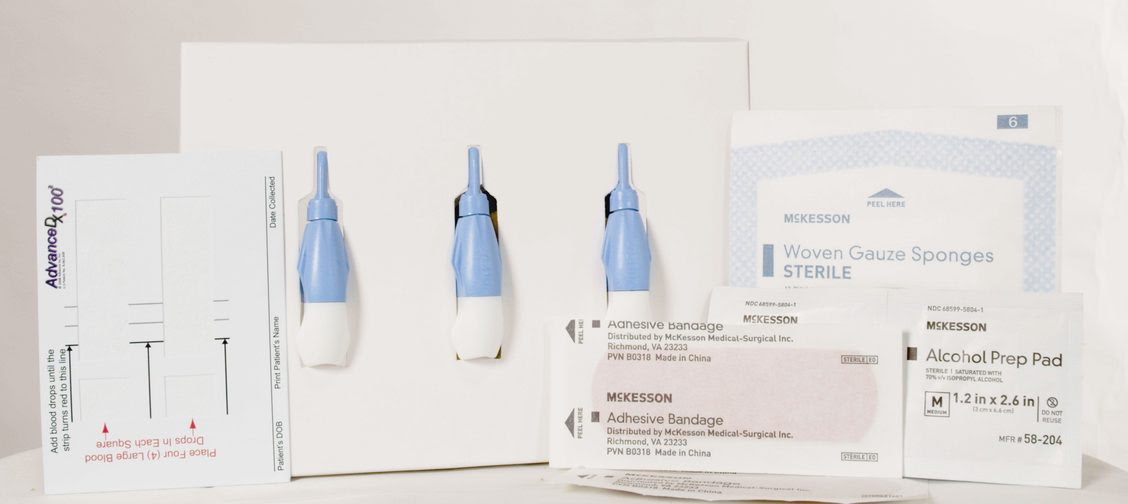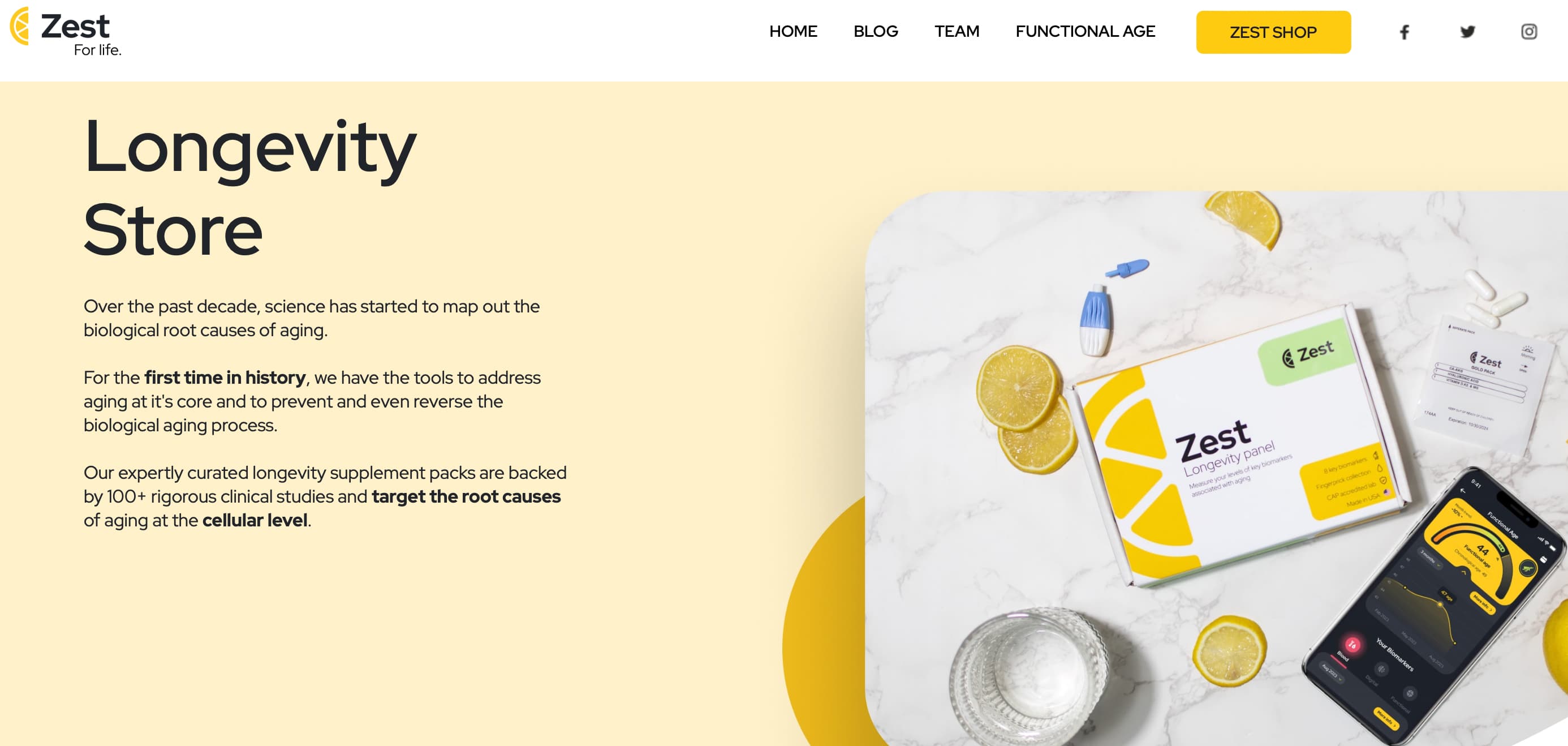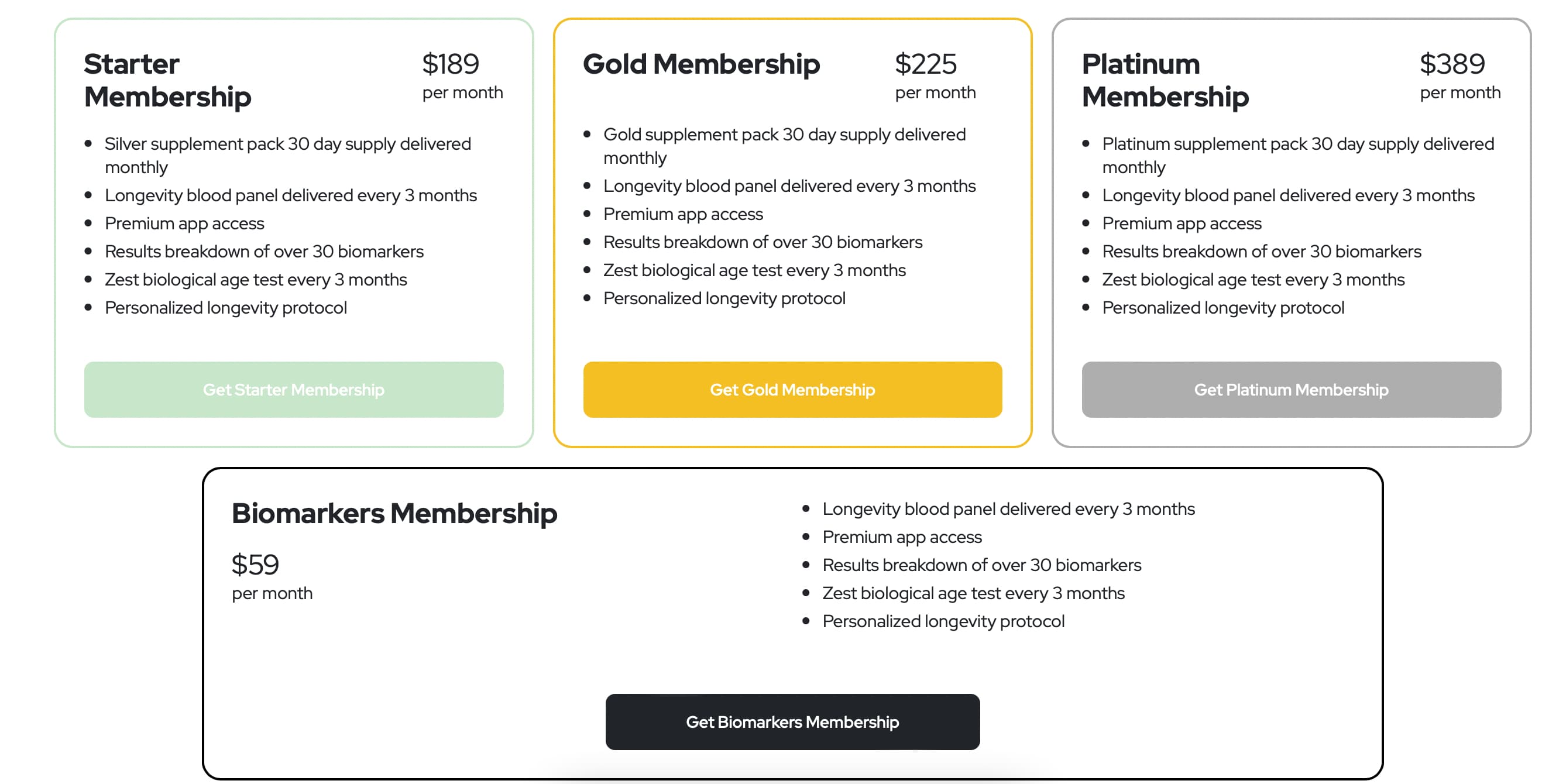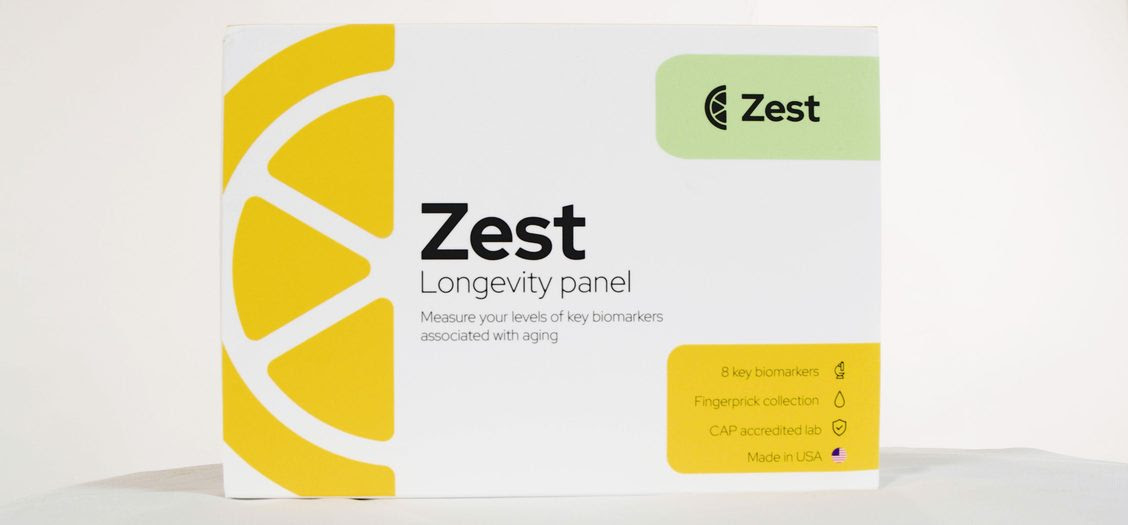I don’t know how far they have gone with this, but it sounds quite sensible.
I like the ideas behind it… we’ll see how well it actually works. I’ve added my name to the wait list:
I also signed up for the beta test… not sure if its the same as the waitlist or not:
Have I told you lately that I’m cynical?
Still, another bunch of young entrepreneurs, who have limited personal experience with aging, jumping on the anti-aging bandwagon.
“Another issue that Cooney has with biological age clocks is that there isn’t enough research that correlates biological age with a person’s lived experience.” Yeah, and what long-term studies are they going to base their calculation on?
“Let’s say somebody does a DNA methylation test, which tells them they’re not doing so well, so they commit to a whole year of eating well and exercising,” she explains. “As a result, they feel they are sleeping better, their moods better, they’re lifting heavier in the gym, they’re running further – they’re feeling great! And then they redo the test, and nothing’s changed. That’s pretty demoralising – they are feeling better than they were a year ago, and the test isn’t showing that.”
IMO: That would be the exception, not the rule. So, if an 82 yr old can kick Dr. Cooney’s butt, does that mean he is functionally unfit for his age? ![]()
However, functional tests have to be the key objective.
I have no problem people creating something they think is useful and trying to sell it as long as they are honest about what they are doing.
I agree. I wish such an approach was available now. The keys will be (1) making it easy to use (capture data, understand interventions / behaviors that help or hurt, clearly see what issues need attention first, etc.) and (2) being directionally right. The algorithms will never be “perfect” because each person is unique, but if the scorecard help to prioritize action, and the actions move the needle in the right direction, then it is a good thing. I signed up.
Have you looked at this recently? Seems to be up and running.
Interesting… never got an email, from what I can remember. They sound a lot like Tally; testing, tracking and supplements. I’m not convinced of the value of these services yet. For $50/month to $100 a month I can have rapamycin and acarbose and all my existing supplements, which I suspect have more validation and effect. But I do like the app and tracking.
What do you think of their offering?
Ah - just checked my email. I’ve had a ton of emails from them but they all go into “Promotions” in my Gmail account. Here is one:
Hi,
Introducing our Zest Longevity Panel
…a home blood test examining the 8 biomarkers proven in clinical studies to be most consistently linked to lifespan and healthspan.
Unlike other healthcare companies, at Zest we are focussed on healthy people looking to optimize their bodies further to slow their aging and feel younger for longer. As a result, we don’t just look at whether your results are within “normal” limits, instead we have developed bespoke reference ranges designed to ensure you are producing the best possible readings given your personal clinical context.
Test your blood biomarkers
Regular testing is at the heart of preventative healthcare, and is crucial for both detecting deterioration early, and setting up a baseline for tracking progress. We recommend checking in on your biomarkers with our at-home kit once every 3 months to gain a better understanding of how your body is responding to your routine.
Note* this test is currently only available for our USA and Canadian customers, but we are working on expanding it soon - sorry!

Learn More
Our mailing address is:
Zest
85 Great Portland Street
London, W1W 7LT
United Kingdom
Isn’t it rather odd that it is only available for US/Canadian customers but they are based in UK?


